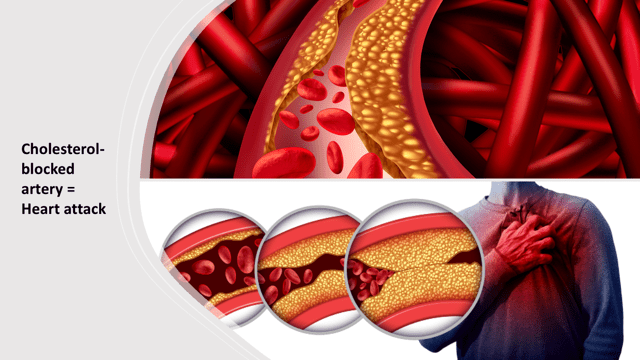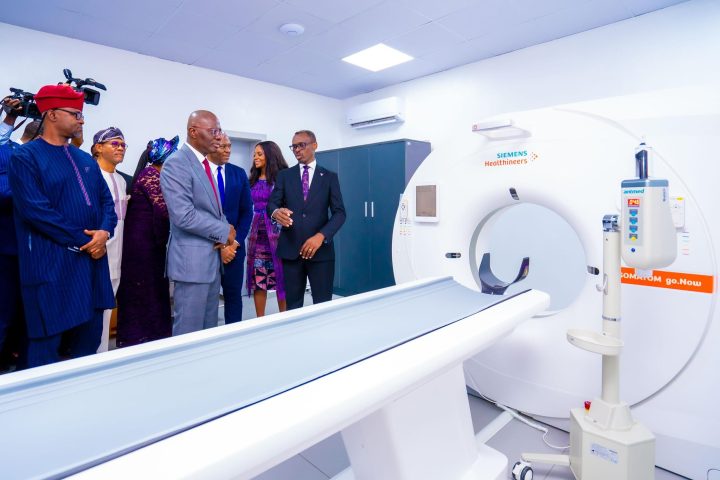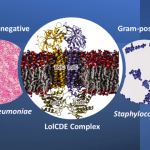Cholesterol is an essential lipid that serves as a structural component of cell membranes. It is required for the biosynthesis of many compounds such as vitamin D, bile acids, and steroid hormones. Too much cholesterol in the blood called hypercholesterolemia, or high circulating cholesterol, is a health risk factor predisposing the person to cardiovascular diseases such as heart attack, angina and stroke. This is due to cholesterol blockage of blood vessels restricting blood flow to the heart and other essential organs.
READ ALSO: CRISPR Gene Therapy for Sickle Cell Disease and Beta-Thalassaemia
Join our WhatsApp ChannelThere are two main sources of cholesterol in the body: endogenous and exogenous. The endogenous cholesterol is synthesised in the liver while exogenous cholesterol comes from ingested food. Both endo- and exogenous cholesterols are mixed in the small intestine before being processed and secreted into the blood.
It has long been known that species of bacteria living in the gut can breakdown cholesterol into a more harmless compound that is easily excreted and not absorbed by the body. In effect, those having these beneficial bacteria in their guts have lower cholesterol levels compared to those lacking the bacteria. In fact, blood cholesterol-reducing effect of Eubacterium coprostanoligenes has been documented in many published reports.
Gut microorganisms able to metabolise cholesterol serve to reduce cholesterol levels in the blood. The gut microbial cholesterol-lowering effect is exerted through intermediate metabolism of cholesterol in the intestine to sterol coprostanol. This compound is not absorbed by the body and is therefore easily excreted. The identified enzymes responsible for conversion of cholesterol into coprostanol are called intestinal sterol metabolism A genes (ismA) reported to be secreted by bacteria of the genus Oscillibacter and Eubacterium. These enzymes belong to a group of microbial cholesterol dehydrogenases, and it has been validated that ismA-encoding microbial species are associated with the presence of coprostanol in faeces and lowering of both faecal cholesterol and blood total cholesterol in humans.
READ ALSO: New Research Finds Cure For Spinal Cord Injury
Reported suspected coprostanol-forming bacteria or cholesterol-metabolising bacteria are Eubacterium coprostanoligenes, Bacteroides dorei, Lactobacillus species, and Bifidobacterium species. Of these bacteria, Tamil Xavier and coworkers in a study published in the August 2020 issue of the journal, Cell Host & Microbe, were able to confirm Eubacterium coprostanoligenes as a definitive coprostanol-forming bacterium. This meant that such cholesterol-metabolising function reported in Bacteroides dorei, Lactobacillus species, and Bifidobacterium species, might be individual strain-specific adaptation to environmental cues rather than an inherent species ability to metabolise cholesterol.
It has long been known that cardiometabolic diseases such as heart attack, diabetes, non-alcoholic fatty liver disease, stroke, and obesity, are associated with changes in the composition of gut microbial community. Tamil Xavier and coworkers in another study published in the April 2024 issue of the journal, Cell, looked at the relationship between cardiovascular disease and the gut microbiota. Using a combination of scientific tools (metagenomics and metabolomics) and other techniques, the researchers conducted a study involving 1,429 participants from the Framingham Heart Study, a long-running observational group study on the epidemiology of cardiovascular disease. In the study, the researchers discovered that bacteria of the genus Oscillibacter were also able to metabolise cholesterol as already demonstrated by Eubacterium coprostanoligenes, resulting in decreased levels of faecal and blood cholesterol. The study showed a direct correlation between Oscillibacter cholesterol metabolism and reduced levels of cholesterol in the blood of the study participants.
The clinical method for lowering blood cholesterol levels is by medication using statin drugs to limit the biosynthesis of cholesterol. But a combination of statin and the drug, ezetimibe is becoming popular. Ezetimibe is a small molecule that inhibits transportation of cholesterol in the intestine, thereby blocking cholesterol uptake. Additionally, with the discovery of the ismA enzyme-secreting bacteria, cholesterol-lowering effects can be achieved naturally through intake of probiotics such as yoghurts containing these bacterial species. This is in addition to good dietary practices, physical exercises, moderation in alcohol intake, quitting smoking, etc.
People with weak or old and unhealthy gut microbiota could rejuvenate their pool of microbiota by undergoing FMT (faecal microbiota transplantation), whereby faeces from healthy individuals containing these beneficial bacteria is introduced through enema or by encapsulation of healthy donors’ faeces, which patients then swallow, or simply by feeding crude faeces of screened donors through tubes inserted through the nose, and down to the stomach (i.e. nasojejunal). Rather than deliver screened crude faeces by colonoscopy, enema or encapsulation, the current preferred aesthetic method is to package the microorganisms isolated from the gut of healthy donors in tablets format. By competing with the old native gut microbiota or administering antibiotics prior to FMT treatment, the newly introduced healthy microbiota replaces the old native gut microbiota.
The FMT technique is now a common practice for treating recurrent diarrhoea caused by the bacterium, Clostridium difficile. It has found use in cancer treatment by influencing the ability of the immune system to fight cancer cells, and in the process reduce the impact of side effects from cancer drug therapies often experienced by patients. It has also shown modest gain in reversing the ageing process, and in the amelioration of cognitive decline in the elderly.
Eubacterium coprostanoligenes had been administered orally to rabbits and mice, and in most cases the serum cholesterol levels were significantly reduced. But there has been a report of poor colonisation of Eubacterium coprostanoligenes in the intestine resulting in transient cholesterol-lowering effect. Therefore, if these cholesterol-metabolising bacteria could be successfully introduced into patients, and their colonisation efficiency improved, it could revolutionise the fight against cardiometabolic diseases such as diabetes, heart attack and stroke. Isolating, purifying and modulating the enzymes involved in the breakdown of cholesterol into a harmless excreted compound, would be a welcome game changer.


















Follow Us